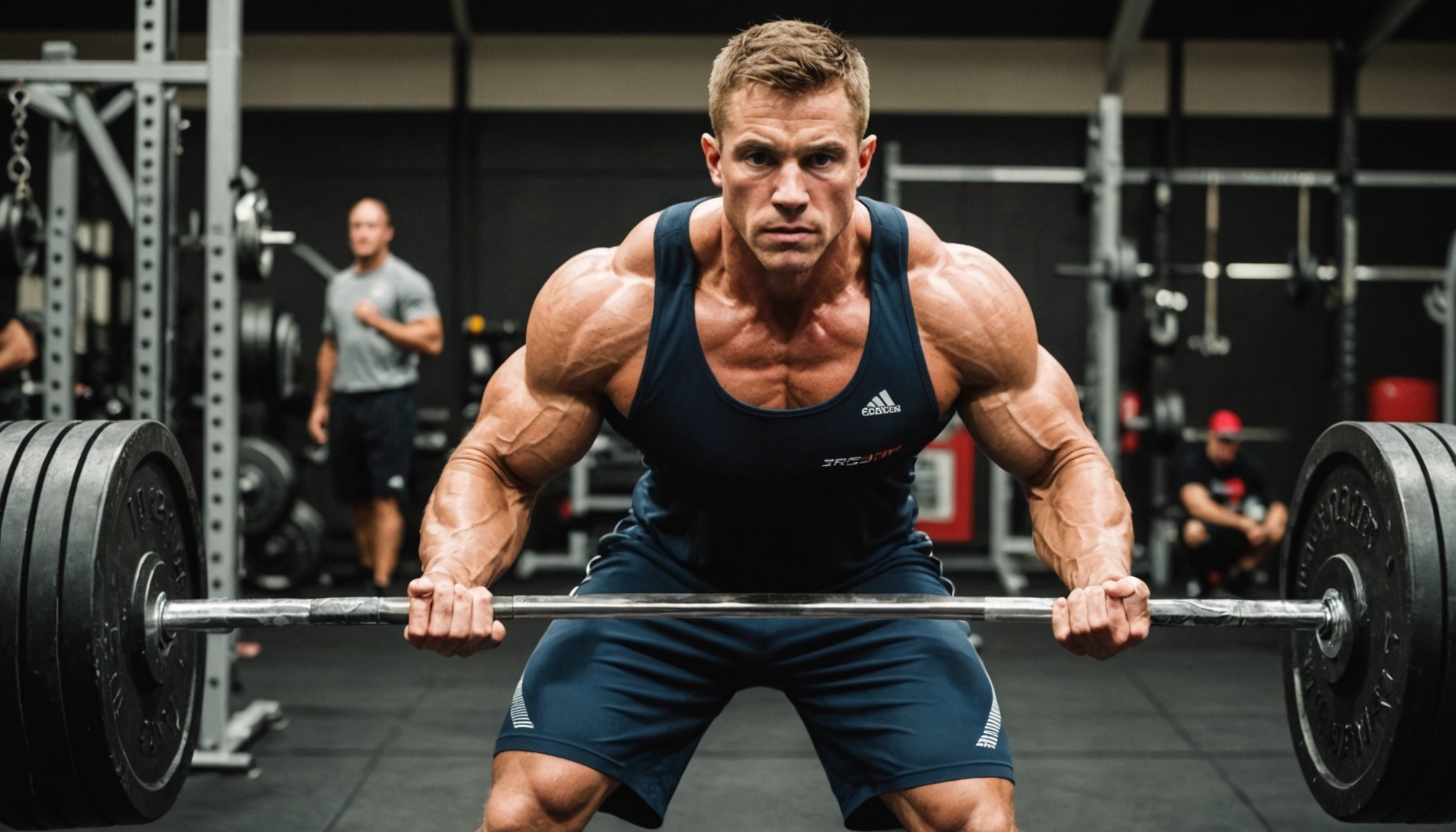Understanding Protein Timing
Protein timing plays a crucial role in enhancing muscle growth and improving weightlifting performance. This concept revolves around the strategic consumption of protein at specific times, particularly around workouts, to maximise muscle hypertrophy. Scientific research underlines the importance of this practice, as optimal protein intake can significantly impact the physiological processes involved in muscle recovery and growth.
During weightlifting or intense exercise, muscle fibres undergo micro-tears which necessitate repair and growth. The body’s ability to recover efficiently from these stresses is enhanced by the right protein intake. This process of muscle repair is largely dependent on the availability of amino acids, which are the building blocks of protein.
In the same genre : Essential Strategies for Endurance Athletes to Beat Heat Stress Effectively
Research suggests that timing your protein consumption can help optimise these repair processes. Consuming protein around workout sessions ensures that the body receives essential nutrients when they are needed the most. Incorporating proper protein timing strategies can transform workout results, leading to improved muscle size and strength. Deliciously, this practice is not just about what you eat but also when you eat it, providing an edge to those dedicated to achieving peak performance.
Strategies for Optimizing Protein Intake
Understanding the right strategies for protein intake can significantly enhance muscle growth and performance. Whether you’re a seasoned weightlifter or a casual gym-goer, planning your meals and considering protein supplements can make all the difference.
Also read : Top pilates classes in geneva you need to try now
Pre-Workout Protein Consumption
Consuming protein before engaging in physical activity can be crucial. It helps prime the muscles for exercise, ensuring they have enough nutrients to draw on for fuel. Options like lean chicken, Greek yoghurt, or protein shakes consumed 30 minutes to an hour before a workout can be beneficial. Pre-workout protein consumption not only aids in preventing muscle breakdown but also supports better energy levels and performance during the session.
Post-Workout Protein Consumption
After exercising, the body’s demand for protein increases to aid in recovery and growth. This period is often referred to as the “anabolic window,” which is critical for post-workout protein intake. Choosing fast-digesting proteins like whey can maximize muscle repair. Consuming protein within 30 to 90 minutes post-workout can enhance recovery significantly. Several case studies demonstrate that individuals who optimise their protein intake post-exercise experience noticeable improvements in muscle strength and recovery times.
Comparing Pre- and Post-Workout Protein Consumption
Understanding the differences between pre vs post workout protein consumption is crucial for optimizing muscle recovery and improving workout efficiency. Both strategies have unique benefits, and knowing when and how to implement them can make a significant difference in results.
Pre-workout protein focuses on preparing muscles for the demands of exercise. Consuming protein before a workout can improve energy levels and prevent muscle breakdown by providing necessary nutrients early. Many athletes find that a small, protein-rich snack about 30 minutes prior to exercise enhances their performance.
On the other hand, post-workout protein is essential for muscle recovery. It’s during this time that the body repairs and builds new muscle tissue. Fast-digesting proteins like whey consumed within 30 to 90 minutes can maximize recovery and growth. Studies suggest that consistent post-workout protein intake leads to substantial gains in muscle strength.
Timing considerations depend on individual goals and routines. For those focusing on muscle hypertrophy, aligning protein intake with training sessions is critical. Evidence shows that strategic consumption at both times can significantly enhance workout efficiency for weightlifters, improving endurance and recovery rates.
Evidence-Based Recommendations
Evidence-based nutrition plays a pivotal role in guiding athletes towards optimal protein intake for muscle hypertrophy. Drawing on empirical research, nutrition guidelines suggest varying protein intake based on factors such as age, gender, and activity level, and adjusting timing for maximum efficacy.
Protein intake guidelines recommend approximately 1.6 to 2.2 grams of protein per kilogram of body weight daily for those focused on muscle growth. Certified nutritionists often endorse consuming about 20 to 25 grams of protein every three to four hours to maintain a steady supply of amino acids necessary for muscle repair.
Hypertrophy strategies urge timing meals relative to workouts. Consuming protein either shortly before or after a workout can significantly enhance recovery. For instance, a professional bodybuilder might integrate chicken breast and quinoa into their diet thirty minutes post-training, supporting immediate muscle repair.
Personal success stories frequently underscore effective protein timing strategies. Many athletes have shared their achievements in muscle growth by adhering to precise protein consumption schedules. Such testimonies reinforce the scientific consensus on the importance of strategically timed protein intake across different stages of physical training, combining both historical evidence and individual experiences.
Conclusion with Practical Tips
Understanding how to align your protein meal planning with workouts is essential for achieving workout success. Timing your meals strategically can improve outcomes and ensure you’re getting the most from your dietary efforts.
Meal Timing Techniques
For optimised results, consider scheduling meals at strategic times. Ensure that you integrate protein into each meal to provide a constant supply of amino acids. This not only supports muscle growth but maintains energy levels throughout your day. Here are some practical nutrition tips:
- Align meals so you’re consuming protein-rich foods shortly before and after workouts.
- Explore recipes that combine lean proteins, whole grains, and vegetables for balanced nutrition.
- Consider experimenting with different flavours to make meals enjoyable and nutritious.
Supplement Recommendations
Supplements can be handy tools if integrated wisely into a balanced diet. Key protein supplements such as shakes or bars can be particularly beneficial for those with hectic schedules. They offer convenience for post-workout recovery and between-meal nutrition. Using protein bars or shakes allows for quick supplementation, ensuring you never miss your protein targets. Be mindful of misconceptions; supplements should enhance, not replace, a well-rounded dietary approach.






